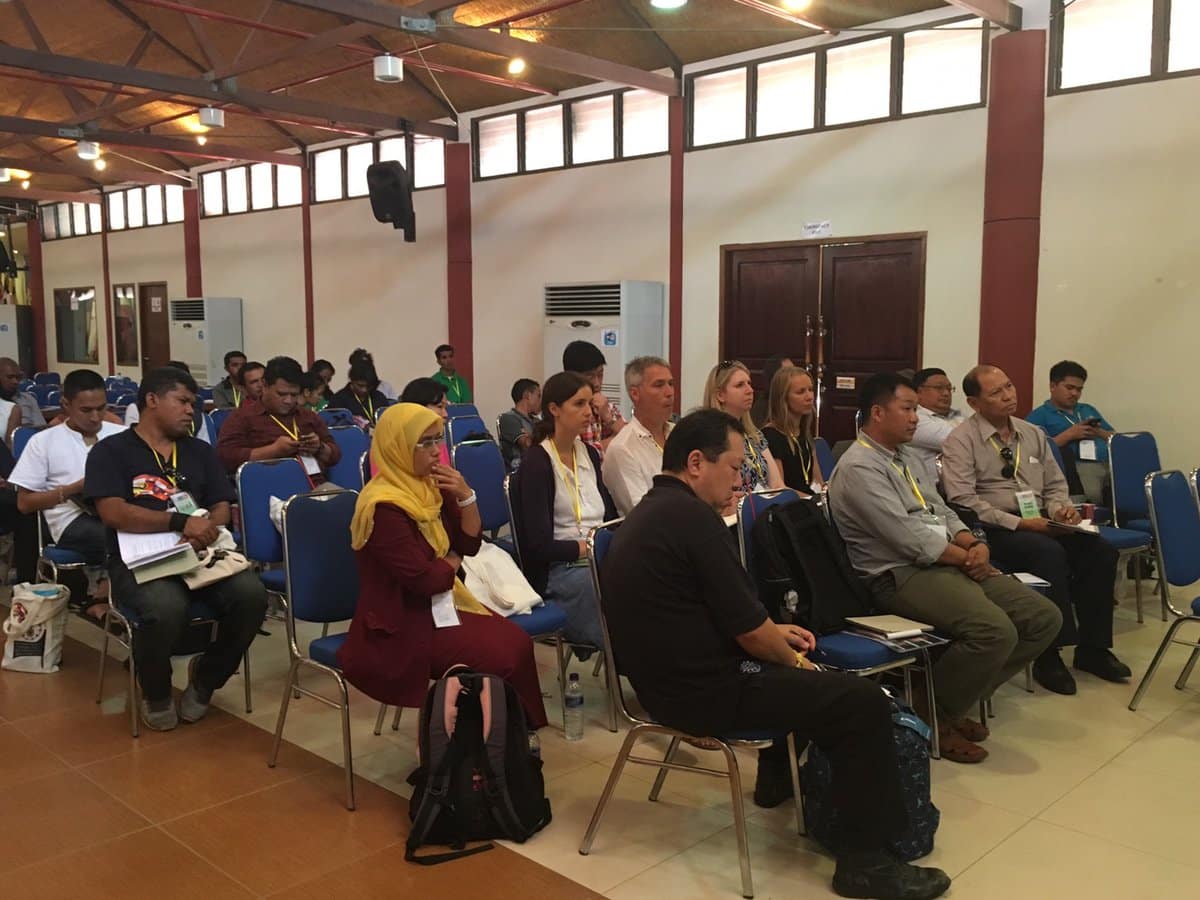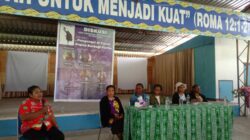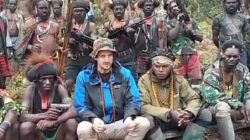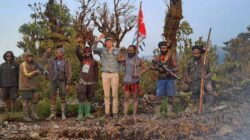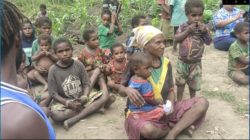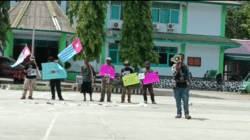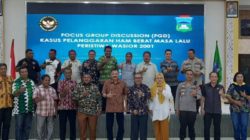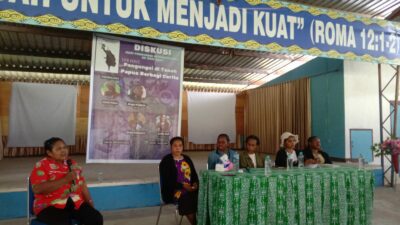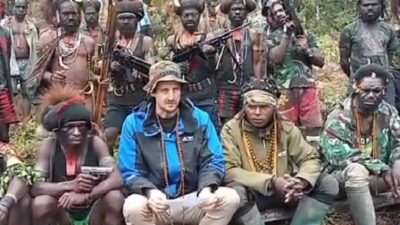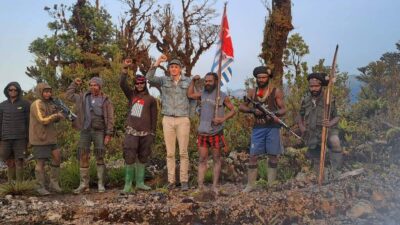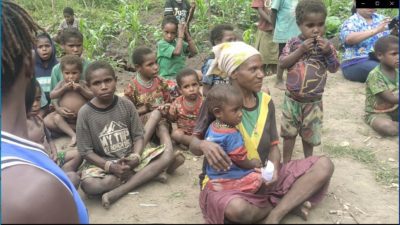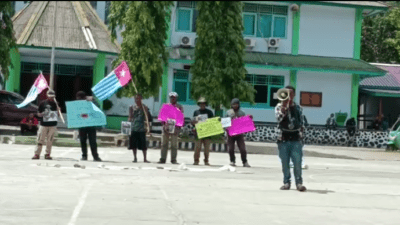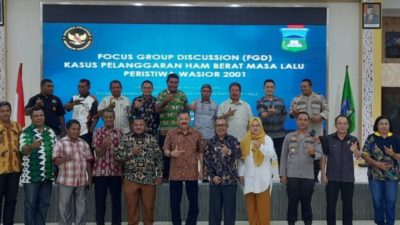
Jayapura, Jubi – Problems facing civil societies in Vietnam, Laos, Thailand and Cambodia were the focus of the ASEAN Civil Society Conference/ASEAN People’s Forum (AFP) in Dili, Timor Leste, Co-Chair Regional Steering Committee APF Jerald Joseph said.
Joseph told Jubi that this year the APF is focusing on the challenges faced by people who work under the threats of the state by both legal or illegal circumstances to silent dissent and curtail freedom of expression, especially targeting human rights defenders.
“The vision of the ASEAN Community should translate into a vibrant civil society that isable to work in the environment that empowers them,” said Joseph.
He added the ASEAN Community also should articulate their real condition in the term of economic challenge that recently affected the human rights defenders.
“What is happening from Laos to Timor Leste must be a lesson for the ASEAN Community. This meeting is a forum for the ASEAN Civil Society to strengthen their solidarity towards each other. Problems that occurred in each countries of ASEAN must become the common issues, including the human rights issues in Papua,” he added.
Separately, Victor Mambor, a Jubi journalist who gets the opportunity to convey the current situation of human rights issues in Papua in the ASEAN Civil Society Conference/ASEAN People’s Forum 2016 held on 3 – 6 August 2016 in the Convention Center of Dili, Timor Leste said the human rights issues in Papua never become an agenda of the ASEAN civil society or governments.
“The ASEAN governments or ASEAN civil society have discussed a lot about some issues occurred in Cambodia, Laos, Thailand to Vietnam, but Papua issue is almost never been on their agenda,” said Mambor.
In fact, according to him, the human rights issue in Papua should also become a part of problems encountered by the civil society in ASEAN. Because Indonesia is the ASEAN member and Papua is still a fragment of Indonesia. ”Maybe this is the first time for Papua issue to become a main issue in the ASEAN forum,” said Mambor.
The human rights issue in Papua, he continued, is almost similar with what has happened in Laos, Cambodia and Thailand recently. That people who expressed the dissent voice to the government were arrested, prisoned and murdered. The government of these countries continues taking repressive acts that are counterproductive over the human rights enforcement that become the main issue in the ASEAN Community today.
“Geographically, Papuans might not feel like a part of ASEAN Community but Melanesian. But in the context of the human rights, it must be seen universally. So, when the ASEAN civil society talk about the human rights, they should observe towards the acts of their government against the human rights enforcement. I hope Papua issues could become a recommendation in this forum,” said Mambor.
Meanwhile Chalida Tajaroensuk, Director of People’s Empowerment Foundation Thailand admitted she didn’t know about what was happening in Papua, in the context of the rights of freedom of expression and other basic rights as well.
“I was shocked to know that almost 47 years that Papuan people have faced many violations against their human rights. I saw some photographs in the social media showing how the security personnel acted against the indigenous Papuans. In my opinion, it’s discrimination,” said Tajaroensuk.
According to her, the ASEAN civil society must strengthen their solidarity to urge the ASEAN government to have strong commitment in law and human rights enforcement. Because some governments of the ASEAN Countries are still accommodating the perpetrators of human rights violation to become the government’s, military’s and police’s officials.
“The ASEAN Community must listen more voices of voiceless people such as the customary people, youth and women. It would enrich its vision and strengthen the solidariy among the ASEAN civil society,” she said. (Xisto Magno/rom)


